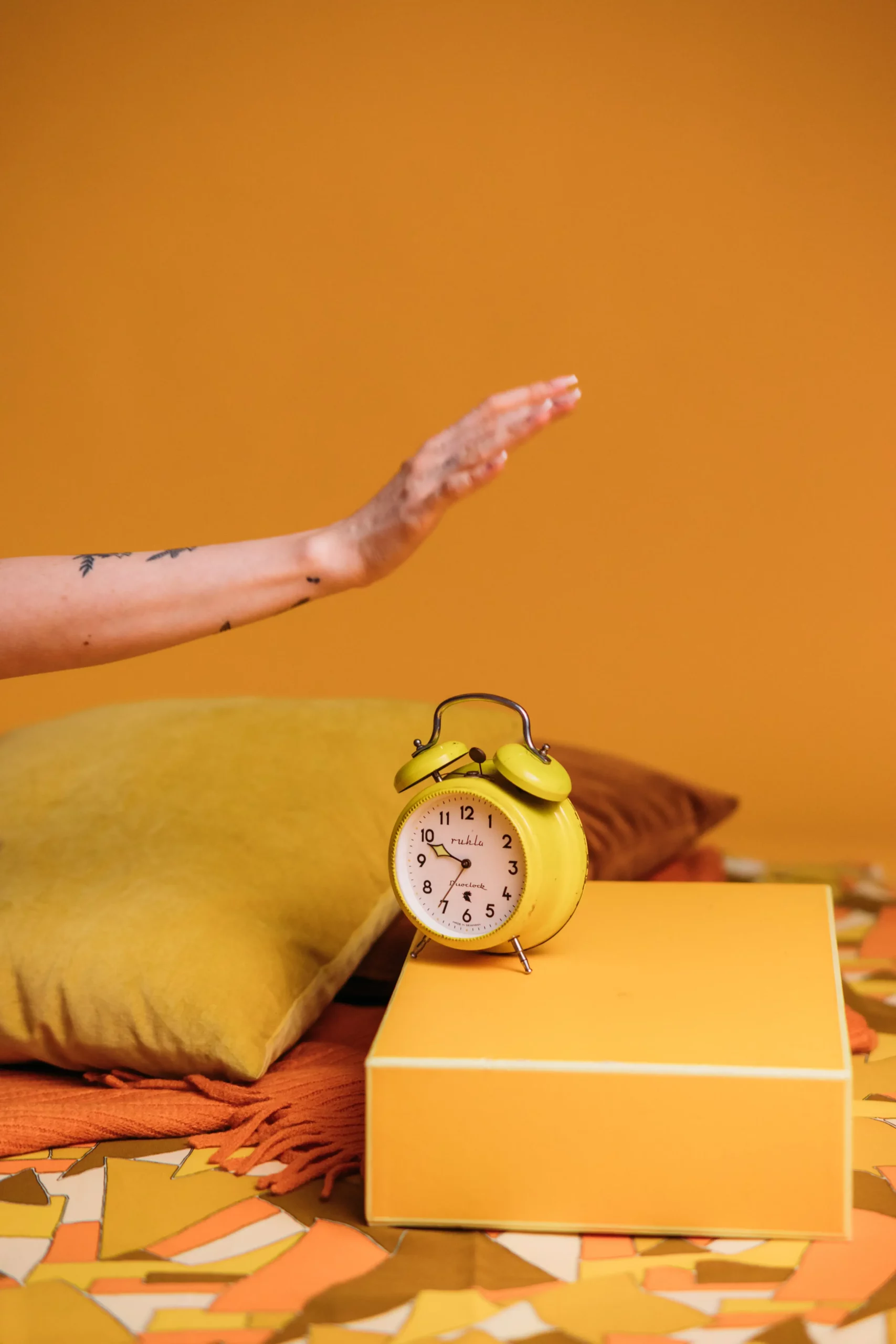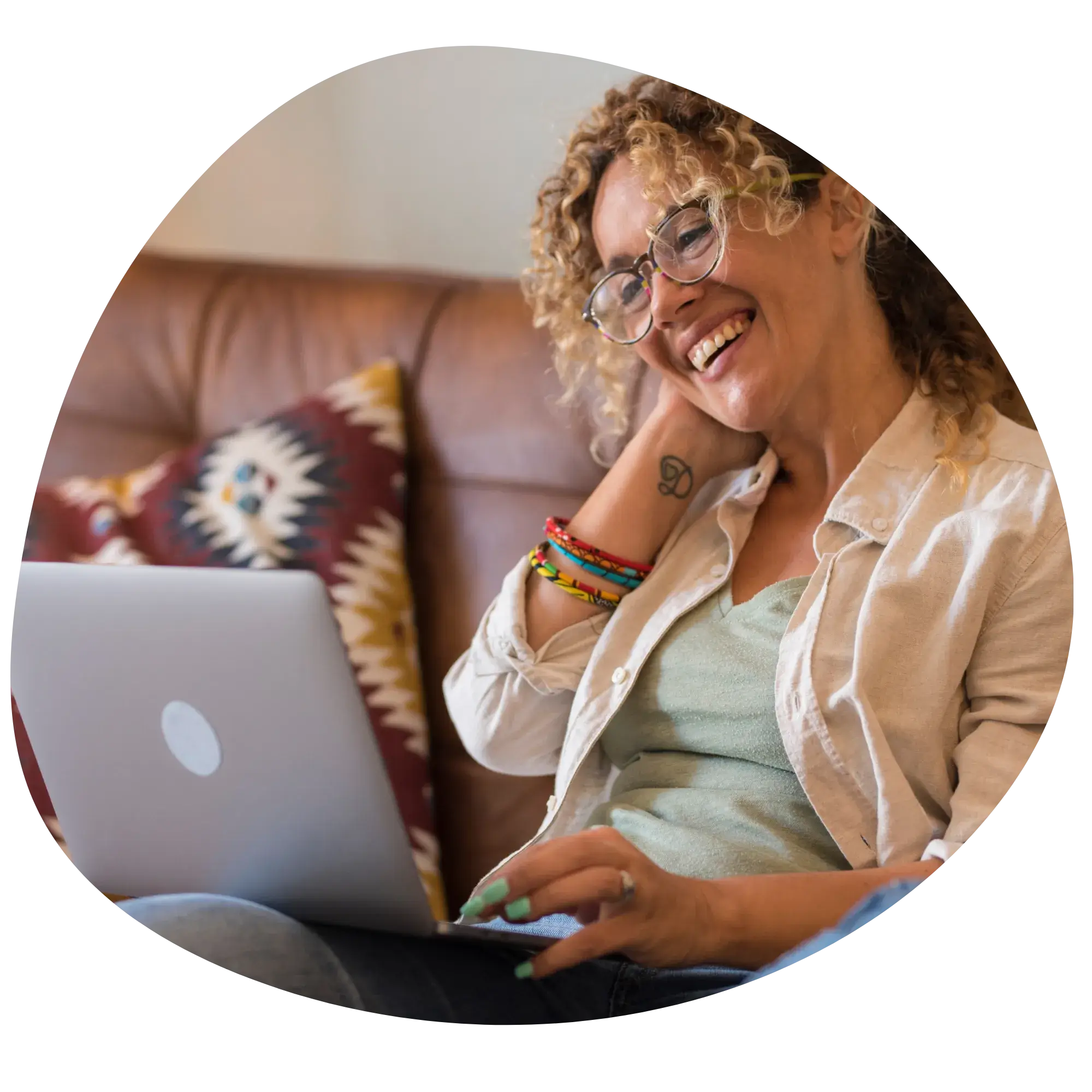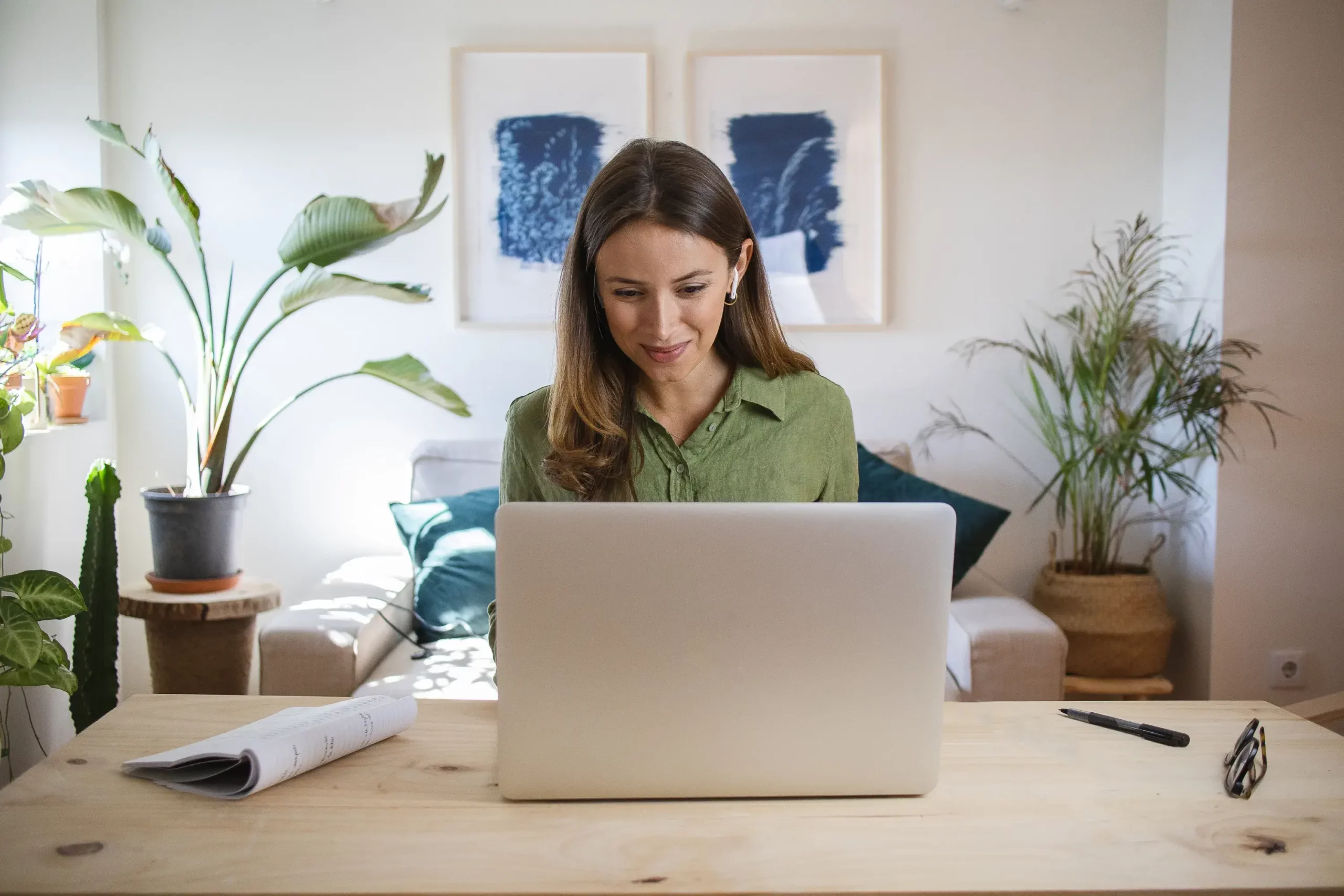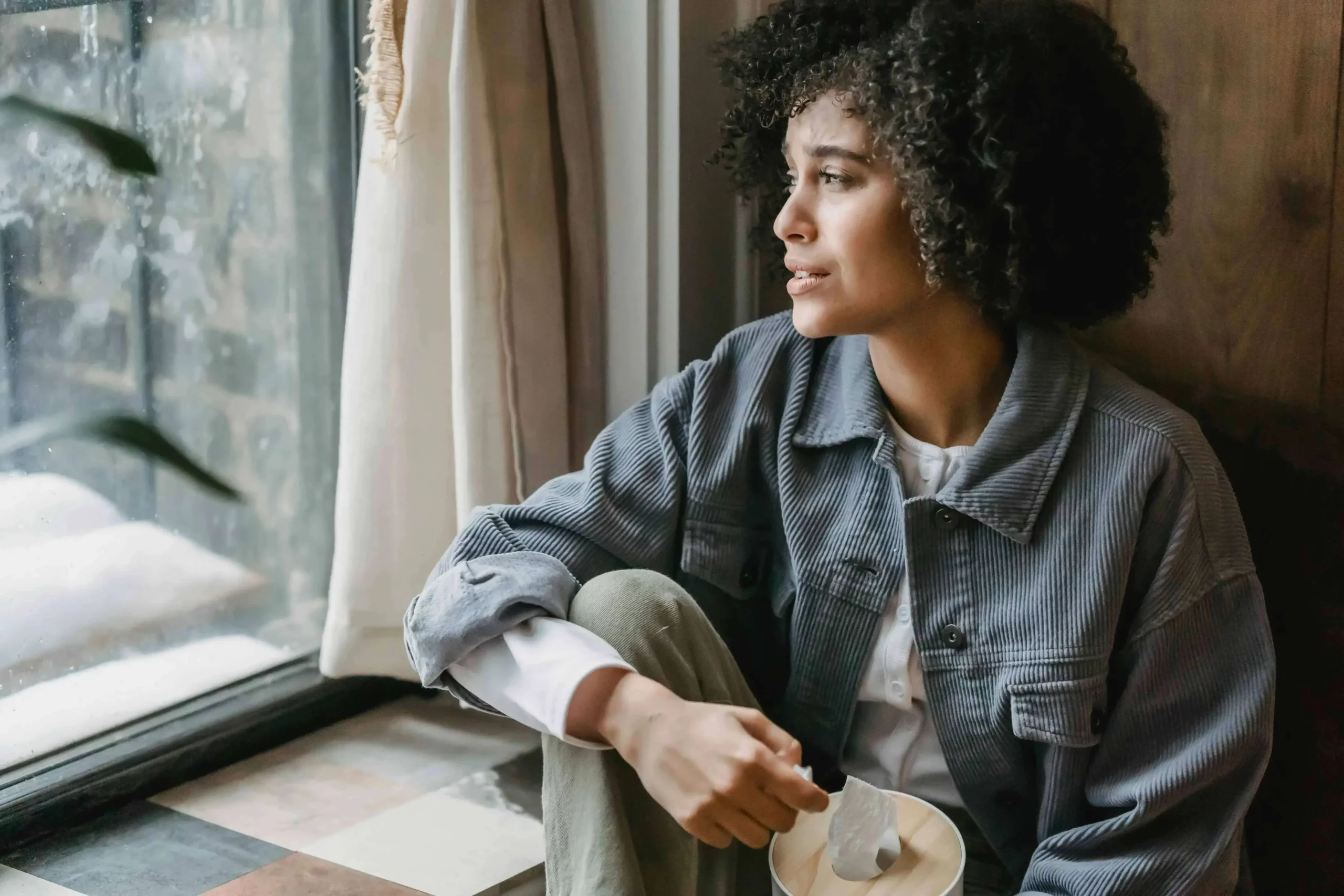7 Tips to Overcome Morning Anxiety:
Your Guide to a Refreshing Start
Morning anxiety, a not-so-unusual start to many people’s days, is that gnawing, tense feeling experienced upon waking up. Often confused with just being a ‘morning person’, morning anxiety is far more complex. It’s like waking up on the wrong side of the bed, but the bed is on a cliff. Surprisingly common, morning anxiety touches a significant portion of the population.
Identifying the Causes of Morning Anxiety
Psychological Factors
Things like stress, negative thinking, and unresolved worries can cause morning anxiety. Your thoughts and emotions play a big role in how you feel when you wake up.
Physiological Influences
Your body’s chemistry, like hormone levels, can also affect your mood in the morning. Sometimes, it’s something you can’t control, like genetics
Environmental & Lifestyle
Your surroundings and daily habits can trigger morning anxiety. Things like a poor sleep environment, a hectic morning routine, or too much time on social media can all contribute.
Symptoms & Signs of Morning Anxiety
Physical Manifestations
Physical symptoms can include headaches, stomach problems, and feeling restless or jittery. Additionally, morning anxiety can feel more jarring than other experiences of anxiety due t its seemingly misplaced expression.
Emotional & Behavioral Symptoms
You might feel irritable, moody, or have a sense of dread. These emotional responses are common signs of morning anxiety. This may lead to avoidant behaviors or engaging in the ‘fight, flight or freeze’ response.
Morning Routines to Combat Anxiety
1. Establishing a Calming Morning Routine
It’s like that saying, ‘slow and steady wins the race’. our body and mind have to gradually begin the day, not just be thrust right into it. Having a relaxing morning routine can help. This could include stretching, taking a warm shower, or just sitting quietly for a few minutes. This may also mean not looking at your phone until you’ve done a calm, slow morning routine.
2. Mindfulness & Meditation Techniques
Practicing mindfulness or meditation in the morning can help clear your mind and reduce anxiety. This may be particularly beneficial if you don’t know how to slow down enough to have a calm routine. Sometimes, starting with writing, reflecting or listening to meditative music can help this process

3. Diet & Mood
What you eat can affect your mood. Eating wholesome foods like oats, green tea, and fruit can help reduce anxiety and start your day positively. How you eat will also impact your mood. Mindful eating, aka slow, calm and present eating, can help with digestions and foster better eating patterns. If your first nutrients of the day are a black cup of coffee or shoveling a piece of toast in your mouth– you’re not giving your body the best fighting chance to overcome morning anxiety.
4. Morning Anxiety & Movement
Choose exercises that you enjoy and that don’t feel too strenuous. Light stretching, yoga, or a quick walk are good options and are suitable morning exercises. Pressed for time? Do your mindfulness practice while walking for 10 minutes before jumping onto social media or responding to work emails.
5. Progressive Muscle Relaxation & Breathing Exercises
Simple breathing exercises can be a powerful way to reduce stress. They’re easy to do and can be done anywhere.This technique involves tensing and then relaxing different muscle groups in your body. It can help reduce physical tension and promote relaxation.
6. Journaling Before Bed for Less Morning Anxiety
Journaling before bed can be an effective tool in reducing morning anxiety. This practice helps by allowing you to process and release the day’s events, thoughts, and worries, thereby creating a calmer state of mind for sleep. Here’s how it works:
Emotional Release: Writing down your feelings and thoughts can provide an emotional outlet, reducing the burden of carried-over stress and anxiety into the next morning.
Clarifying Thoughts: Journaling can help organize and clarify your thoughts, making challenges seem more manageable and less overwhelming. This clarity can lead to a more peaceful mind when you wake up.
Problem-Solving: Sometimes, writing about a problem or concern can lead to unexpected solutions or new perspectives, helping you to feel more prepared and less anxious about the day ahead.
Mindfulness Practice: The act of writing in a journal encourages mindfulness and being present in the moment, which can lead to reduced stress and anxiety levels.
Gratitude Expression: Including expressions of gratitude in your journal can shift focus from worries to positive aspects of life, fostering a sense of contentment and reducing anxiety.
Creating a Sleep Ritual: Making journaling part of your nightly routine can signal to your body and mind that it’s time to wind down, promoting better sleep quality.
Tracking Anxiety Triggers: Regular journaling can help you identify patterns or triggers of your morning anxiety, leading to better management strategies.
By integrating journaling into your nightly routine, you can set the stage for a more serene and less anxious morning. This simple practice can make a significant difference in how you start your day, ultimately improving your overall mental health and well-being.
7. Red Light Therapy for Morning Anxiety
Red light therapy (RLT) is emerging as a novel approach to managing morning anxiety as well as fatigue and depression. Although more research is needed to truly know the in’s-and-out’s of RLT, current researching is promising. Importantly, consultation with a healthcare provider is recommended to determine if RLT is a suitable option for you and to ensure it is used safely and effectively.
Here’s how researchers believe red light therapy can be beneficial:
- Improving Sleep Quality: RLT has been shown to potentially improve sleep quality by regulating circadian rhythms, the body’s internal clock. Better sleep can lead to reduced anxiety levels in the morning.
- Reducing Inflammation: Inflammation has been linked to anxiety and depression. Red light therapy may help in reducing inflammation, which could indirectly alleviate symptoms of anxiety.
- Enhancing Mood: Exposure to red light has been suggested to increase the production of endorphins, which are natural mood lifters. This can help in starting the day with a more positive mindset.
- Stimulating Cellular Energy: RLT is believed to work at a cellular level, enhancing mitochondrial function, which could lead to improved energy levels and a better overall mood in the morning.
- Supporting Mental Clarity: By improving overall cellular health and energy, RLT may also contribute to clearer thinking, which can be beneficial for those experiencing anxiety-related foggy brain in the mornings.
It’s important to note that while red light therapy shows promise, it should be used as a complementary approach rather than a standalone treatment for morning anxiety.
The Importance of Consistent Routines
Having a consistent morning routine can help reduce anxiety. Try to do the same things in the same order each morning. Consistency is not just about doing the same things every morning; it’s about creating a predictable environment that your mind and body can rely on. When your mornings are consistent:
- Reduced Decision Fatigue: Having a routine minimizes the number of decisions you need to make each morning, which can be a source of stress.
- Sense of Control: A predictable morning gives you a sense of control over your day. When you feel in control, your anxiety levels are likely to decrease.
- Improved Sleep Quality: Consistent morning routines often lead to more regular sleep patterns, which can improve overall sleep quality. Better sleep can significantly reduce anxiety.
- Enhanced Productivity: A structured routine helps you start your day productively, which can improve your mood and reduce feelings of anxiety.
- Building Healthy Habits: Consistency helps in forming and maintaining healthy habits, whether it’s regular exercise, a balanced breakfast, or mindfulness practices.
- Emotional Stability: Predictable routines can provide a sense of security and stability, helping to keep emotions more balanced.
Remember, while consistency is beneficial, it’s also important to be flexible and kind to yourself. Some days might not go as planned, and that’s okay. The goal is to have a general structure that provides a sense of stability and calm, helping you to start each day with less anxiety and more positivity.
Conclusion
In conclusion, managing morning anxiety involves a combination of self-care practices, habit training and wellness behaviors as well as, when necessary, seeking professional help. Establishing a consistent morning routine, paying attention to sleep hygiene, nutrition, exercise, and mindfulness practices can significantly alleviate the symptoms of morning anxiety. Recognizing when these self-help methods aren’t enough and consulting a mental health professional is a crucial step towards long-term well-being. By adopting these strategies, you can transform your mornings from a time of stress and worry into a peaceful, positive start to your day, ultimately enhancing your overall quality of life.
Where are you located? I need a therapist near me
We are fully online, which means that your therapy sessions will be help via video call on our HIPAA compliant Platform. Anyone in New Jersey can access our therapy services
How do I get started as a new client?
New Clients can reach out to us directly via call, text or email here:
Does my insurance cover my visits?
We provide”Courtesy Billing” for clients who are using the Out-of-network insurance benefits.
Our Insurance Page might answer your questions about your insurance information, cost and OON coverage.
What are out-of-network benefits?
Visits our FAQ About Insurance to learn more about OON coverage for mental health services. We can also check your benefits for you. When using OON benefits, patients typically pay the full cost of the treatment upfront and then file a claim with their insurance company for reimbursement.
Is Online Therapy As Effective As In-Person Therapy?
Online therapy is essentially face-to-face counseling, just conducted remotely. Studies show that tele-therapy is as effective as traditional counseling. Professional organizations and state governments recognize its benefits and have set regulations for it. However, like any therapy, its success in achieving your goals isn’t guaranteed. It’s important to discuss with your therapist whether tele-therapy is working for you.
How Should I Prepare for My First Session?
Showing up is all that you need to do! But if you really want to get the most out of session, it could help to take some time to think about what you want from therapy. It helps to write down your goals, questions you have or things that you feel are important to share.
Do you offer traditional talk therapy?
of course! though we have some unconventional therapy approaches, we are rooted in evidenced based practices. Talk therapy is a major player in the therapy room! See What we Treat and Integrative Services for more information
Is Virtual Counseling Suitable for Everyone?
Online therapy might not be as effective for individuals with chronic suicidal thoughts, severe trauma, significant mental health history, or those recently in intensive care. Such cases often benefit more from traditional, in-person counseling. We’ll help you decide if our online services are right for you during your intake and evaluation.
Can I Change Therapists If I'm Not Happy?
Yes, you can switch therapists to another provider within the practice, or we can provide you a referral if preferred. We want to ensure that your time and effort are well spent, and that you are getting the relief you need, that’s why we work collaboratively with each other in the practice, as well as outside therapists who we know and trust.
How Do I Know If Therapy Is Helping?
You should feel like you’re making progress. Signs it’s working include:
- Feeling comfortable talking to your therapist
- Your therapist respects boundaries
- You’re moving towards your goals
- You feel listened to
You’re doing better in life - Your self-esteem is getting better
What is your cancellation policy?
We ask that clients provide at least 24 hours notice in the event that they need to cancel to avoid the 50% cancellation fee. we understand that life happens and do our best to be flexible & reschedule.
What Geographic Areas Are Served?
Currently, we serve clients in New Jersey and are expanding to other states as telehealth laws evolve. While telehealth offers the convenience of attending sessions from anywhere, state laws require clients to be in-state during their session.
Is Online Therapy Easy to Use for Non-Tech-Savvy People?
Yes, it’s pretty simple to access sessions. You’ll need basic internet skills, such as opening and visiting the patient link sent to you via email. It’s similar to video chatting like Facetime or Zoom. We can also walk you through it on the phone the first time to ensure a strong connection
What Questions Should I Ask My New Therapist?
Feel free to ask anything. Some good questions are:
- How often will we meet?
- What do you specialize in?
- What experience do you have with my issue?
- What outcomes can I expect?
- How will I know I’m progressing?
- How long do you usually work with clients?
- How will we set my treatment goals?
What is the difference between associate therapists & fully licensed therapists?
Our Qualifications:
Our founder, Rebecca Sidoti, is a highly qualified, state-licensed therapist and supervisor with extensive training in anxiety related disorders and innovative treatment such as Ketamine Therapy. Mind by Design Counseling adheres to standards set by the our governing counseling boards.
To see each providers credentials, training and licenses, visit our “Meet the Therapists” Page to learn more.
- LAC/LSW are therapists who may practice clinical work under the supervision of a fully licensed therapist.
- LPC/LCSW are therapists who have completed the necessary clinical hours post-graduation under supervision and can practice clinical work independently.
My therapist has been a crucial help in my management of my OCD.
Since working with her I've eliminated nearly all of my avoidance behaviors, while also decreasing my daily distress significantly, as well as improving my relationship dynamics. She's the first therapist I've worked with who always leaves me feeling hopeful and in good hands after every session.

I just feel like a brand new person!
I look forward to the day now and i know that my therapist is still there- in my corner! If you need help with the challenges that life gives you, please don’t hesitate to make an appointment!

No matter the reason why you or a loved one might seek therapy, I give my very highest recommendation.
My therapists wisdom, compassion and insights make her one of the best, most gifted therapists I've experienced.

I know I'm growing emotionally & I feel stronger & better with each session.
Simply the best, a stroke of luck to have stumbled upon this practice & Rebecca. I appreciate the empathy, dedication, directness & flexibility more than I can put into words.

I’ve felt a marked difference in my overall emotional state since I started therapy.
I love working with my therapist. She really takes the time to listen to me and help me piece together my needs and coping strategies.

My therapist is fantastic.
I am receiving wisdom and insight in a nurturing and judgment free setting.

My baseline anxiety has significantly decreased since I started therapy.
I handle stressful situations with more grace than I previously did. I feel that I am able to be a better mother to my children and more confidence worker in my career.

Therapy has helped me to feel more confidence in myself
... and my ability to regulate my own emotions. I have been better able to reflect on my own thoughts and feelings and use my own self-awareness to better handle stressful situations in the future.

I have felt more confident in my abilities as a parent and a professional.
I was hoping to gain more self-confidence and build up my self-esteem, but I have also strengthened my abilities in other areas along the way







